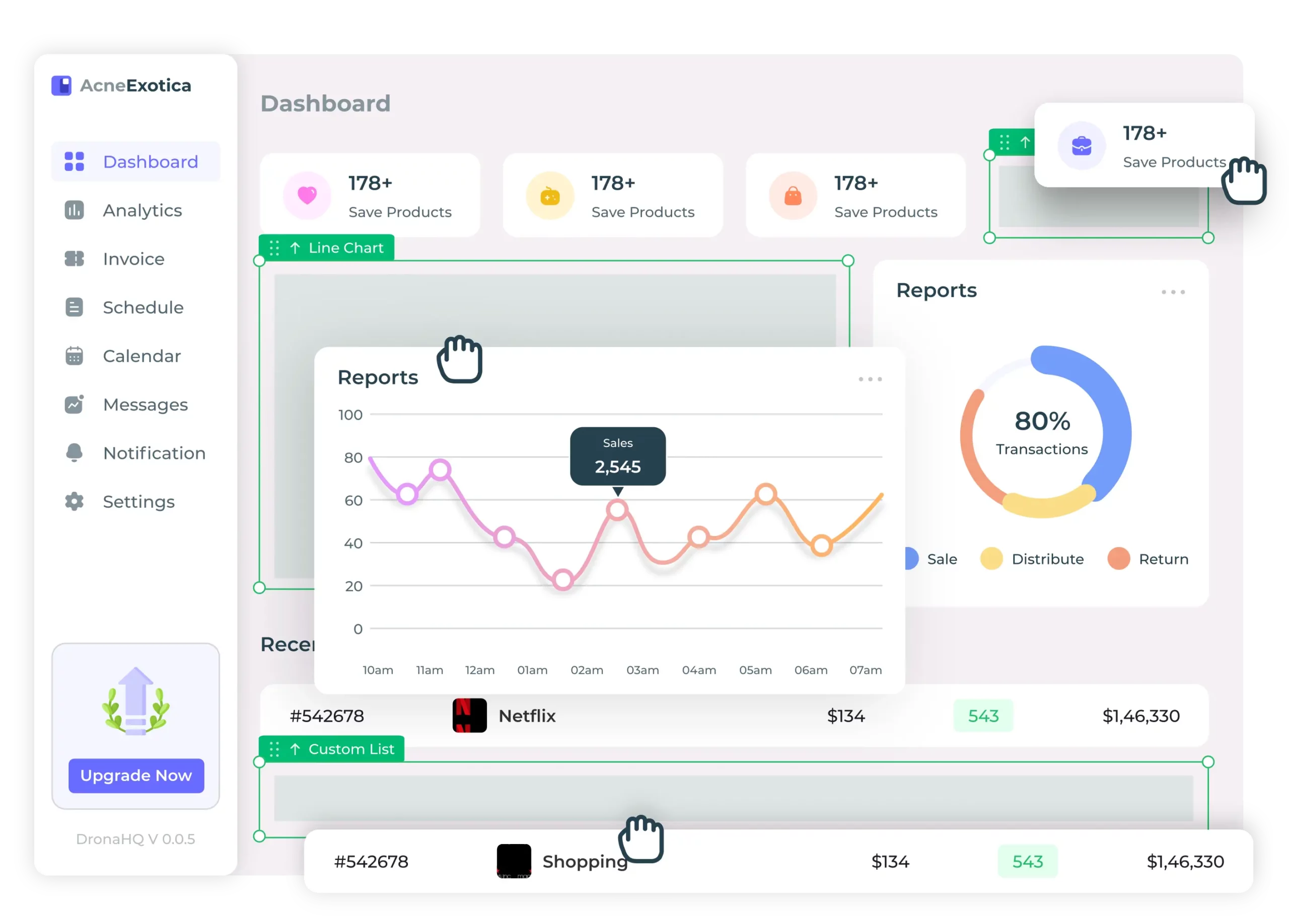Introduction
As organizations across the Middle East and beyond accelerate their digital transformation, low-code platforms are becoming essential for delivering faster, scalable, and cost-efficient solutions. One of the most impactful elements in modern low-code architecture is the concept of reusable components—prebuilt, configurable modules that streamline development and reduce operational complexity.
For Singleclic, a leading IT solutions provider since 2013, reusable components are a strategic foundation that helps enterprises achieve faster innovation, stronger system integration, and sustainable digital growth.
What Are Reusable Components in Low-Code Platforms?
Reusable components are standardized building blocks that can be used across multiple applications without rewriting code. These components can include:
- UI templates
- Data forms and dashboards
- Workflow logic
- Preconfigured API integrations
- Data validation modules
- Security controls
With these elements, both developers and citizen developers can create enterprise applications more quickly and with fewer errors.
Why Reusable Components Matter in Low-Code Design
Faster Development and Shorter Delivery Cycles
By eliminating repetitive coding tasks, reusable components allow teams to launch applications in days rather than months. This speed is crucial for businesses facing rapid market changes or internal transformation needs.
Greater Consistency Across Applications
Using shared modules ensures that all applications follow:
- Unified user interface patterns
- Consistent business logic
- Standardized workflows
- Clear and cohesive branding
This leads to better usability and simpler training for employees.
Reduced Development and Maintenance Costs
Since components can be reused and updated centrally, organizations reduce:
- Development hours
- Maintenance efforts
- Bug occurrences
- Long-term technical debt
This makes low-code a significantly more cost-effective choice for enterprises.
Scalable Architecture for Multi-Department Enterprises
Reusable components allow organizations to scale applications across departments such as:
- HR
- Finance
- Operations
- Sales
- Customer Support
Teams can reuse the same building blocks while maintaining full compatibility across systems.
Better Collaboration Between IT Teams and Business Users
Low-code platforms with reusable components create a balanced environment where:
- Business teams can build and customize apps
- IT ensures governance, security, and compliance
This improves communication, accelerates project delivery, and reduces friction inside organizations.
How Reusable Components Enhance System Integration
Reusable components can be built to integrate directly with core enterprise systems:
- ERP platforms
- CRM systems
- HR management tools
- Legacy databases
- Cloud-native applications
- Cybersecurity frameworks
This significantly accelerates system integration—one of Singleclic’s strongest capabilities—ensuring seamless data flow and unified digital operations.
Singleclic’s Expertise in Low-Code and Enterprise Solutions
Since 2013, Singleclic has delivered advanced digital solutions and infrastructure services across the Arab world. The company specializes in helping enterprises accelerate digital transformation through effective, scalable low-code technologies.
Singleclic’s Key Areas of Expertise:
- Custom enterprise software (ERP, CRM, HR, automation)
- Low-code development and integration
- Network infrastructure and managed services
- Cybersecurity and threat protection
- Cloud hosting and server deployment
- 24/7 technical support
With reusable low-code components, Singleclic empowers organizations to build smarter, faster, and more cost-efficient applications.
Internal Link
To explore how low-code can accelerate digital transformation for your organization, visit the main service page:
👉 https://singleclic.com/services/low-code-development/
Conclusion
Reusable components are transforming how enterprises develop applications by providing speed, scalability, consistency, and reduced cost. Organizations that adopt low-code with reusable modules gain a substantial competitive advantage—especially when supported by a trusted technology partner like Singleclic.









